- Home
- James Hadley Chase
You Find Him – I'll Fix Him Page 10
You Find Him – I'll Fix Him Read online
Page 10
The experience I had had on the cliff head had made me alert. I noticed in the driving mirror, a dark green Renault pull out from behind another parked car and drift after me.
If I hadn't been certain that someone had been watching me up on the cliff head, I wouldn't have thought anything of this move, but now I was suspicious. The fact that there was a dark blue sun shield covering the windscreen of the Renault making it impossible to see who was driving, added to my suspicion.
I headed for Naples, driving at a moderate speed, and from time to time glancing in the driving mirror. The Renault kept a respectful hundred yards behind me. I kept going, driving at
a steady forty miles an hour, and the Renault kept after me.
It wasn't until I reached the entrance to the autostrada that I decided to see if the Renault was really following me of if it was a coincidence that it hung in my rear.
I eased the speed of the Lincoln up to sixty. The Renault still remained a hundred yards behind me. I pushed the gas pedal down to the floorboards. The Lincoln surged forward. It had plenty of speed and snap, and in a minute or so the speedometer needle was swinging up to eighty-seven miles an hour.
The Renault had fallen back, but it had also increased speed. As I watched it in the driving mirror I saw it was closing the gap again, and I was pretty sure now that I was being followed.
There was no hope of shaking it off on this fiat, straight autostrada. The time to try tricks would be when I reached Naples.
I slackened speed to seventy miles an hour, and drove steadily to the end of the autostrada.
The Renault hung on, keeping its hundred yards distance, but as I slowed to hand my ticket to the official at the exit of the autostrada, the Renault, as if the driver realized that once I was in Naples traffic I would be much more difficult to follow, moved up and closed the gap between us. I took the opportunity to memorize the car's number. As I drove into the thick Naples traffic there were only twenty yards or so between us.
I made one attempt to shake off the Renault, but I wasn't successful. The driver was a lot smarter at manoeuvring in congested traffic than I was, and when I made my bid I only achieved frenzied curses from the drivers of cars either side of me and wild hooting from the on-coming traffic.
I drove to the Vesuvius hotel, swung the Lincoln into the only available space before the hotel, told the porter to keep an eye on it and went quickly into the lobby.
I paused then to look through the revolving doors to see if I could spot the Renault, but there was no sign of it.
I went into the bar, ordered a Scotch and soda and then took the Paillard Bolex camera from its case. I opened' the camera. Both the film spool and the take-up spool were missing. When I slid the catch of the film gate release, a strip of torn film about three inches long dropped into my hand.
This confirmed what I had thought had happened. Someone had opened the camera, taken out
the two spools with the film wound on to them and yanked the film clear of the gate.
I replaced the strip of film and locked the gate into position. Then I put the camera back into its case. I lit a cigarette and did some thinking.
It seemed likely that X had ripped out the film. The only reason why he had done so was because Helen had photographed something he didn't want anyone to see. The chances were that he had come on her while she was on the cliff head and, as he approached her, she had turned the camera on him. He had realized the danger of leaving such a record in the camera. After he had disposed of her, he had ripped out the film and destroyed it.
After he had disposed of her.
I realized now that since I had discovered the film was missing from the camera and that the films had been taken from the villa I had known that Helen hadn't died accidentally. It was something I was loath to admit, but now I had to admit it.
Chalmers's wild guess had been right. Helen hadn't died accidentally. She hadn't committed suicide.
I was now in a far worse jam that I had imagined. Helen had been murdered, and if I wasn't careful, the finger of guilt would soon be pointing at me.
PART SIX
I
"It's Mr. Dawson, isn't it?"
I snapped out of my nightmare, nearly dropping the camera, end looked up.
June Chalmers was standing before me. She had on a grey linen dress, ornamented with a red belt and buttons; red, spike-heeled shoes, and a red skull-cap with a white goose-feather in it.
I got to my feet.
"That's right, Mrs. Chalmers."
"Were you looking for my husband?"
"I was hoping to catch him before he left."
"He won't be long."
She sat down in a lounging chair near to the one I had been sitting in, crossed her legs, and let me see her knees.
"Please sit down, Mr. Dawson, I want to talk to you."
"Can I get you a drink?"
She shook her head.
"No, thank you, I've only just finished lunch. We are hoping to catch the three-forty plane. Mr. Chalmers is supervising the packing right now. He loves to do that sort of tiling himself."
I sat down and looked at her.
"Mr. Dawson, I haven't much time," she said. "Please don't misunderstand me if I seem harsh towards Helen, but I must speak to you about her. My husband is a very ruthless and hard man but, like so many hard men, he has a sentimental side. All his affection and love were lavished on his daughter. It may be difficult for you to believe this, but he worshipped her."
I moved restlessly. I couldn't see where this was leading to. I remembered what Helen had said about her father, and how bitter she had been. She had said he had no interest in her, and he only thought of himself and finding a new woman to amuse him. What June Chalmers was telling me didn't add up.
"I've heard that he didn't give that impression," I said cautiously. "Most people think he had no time for her."
"I know. That was the impression he did give, but in actual fact he was ridiculously fond of her. He was anxious not to be thought an indulgent father, and he very stupidly kept her short of money. He thought too much money would spoil her, and he gave her only a very small allowance."
I sank a little lower in my chair. I can't say I was particularly interested in all this.
"I believe you are anxious to return to New York and take up your new appointment: it's the foreign desk, isn't it?" she said abruptly.
That stiffened me to attention.
"Yes."
"The job means a lot to you?"
"Why, of course ..."
"My husband has a very high opinion of you," she went on. "He has told me what he wants you to do. I mean about Helen. He is sure she has been murdered. He gets these fixed ideas from time to time, and nothing anyone can say will make him think otherwise. The police and the coroner are satisfied it was an accident. I am sure you think so too."
She looked inquiringly at me.
For no reason I could think of I felt suddenly uneasy in her presence. Maybe it was because I had an idea that her smiling calmness was phoney. There was a suppressed tension about her I could sense rather than see.
"I don't know," I said. "That's something I'm going to investigate."
"Yes, and that brings me to why I want to talk to you. Mr. Dawson. I want to warn you to be careful how deeply you probe into this business. My husband was crazy about Helen. I don't like speaking badly about anyone who can't defend themselves, but in this case I haven't any choice. He thought she was a good, decent, studious girl, but she wasn't. There was nothing she wouldn't do for money: nothing at all. She lived for money. My husband only gave her an allowance of sixty dollars a week. I know for a fact she spent as much as two or three hundred dollars a week when she was living in New York. She had absolutely no scruples how she got money so long as she got it. She was perhaps one of the most worldly, undisciplined, immoral and unpleasant women I have ever met."
The rasp in her voice as she said this shocked me.
"I know
it is a dreadful thing to say," she went on, "but it is the truth. If you probe into her past you will find this out for yourself. She was utterly rotten. This wasn't the first time she was pregnant: a thing like that wouldn't have worried her. She knew what to do and who to go to. The men she went around with were degenerates and criminals. If anyone deserved to be murdered, she did!"
I drew in a long, slow breath.
"And yet you don't think she was murdered?" I said.
"I don't know." She stared at me. "All I do know is that the police are satisfied she died accidentally. Why can't you be satisfied?"
"Your husband has told me to make an investigation. That's an order."
"If you investigate her death as a murder, you are certain to uncover a whole series of unpleasant facts about her. I am sure she behaved in Rome as she has behaved in New York. It will be impossible to conceal these facts from my husband. He is completely convinced that Helen was a decent, clean-living girl. The facts you will have to tell him will shock him. He won't forgive you for shattering his illusions about his daughter, nor is he likely to employ a man in the most important position on his newspaper who has shown him how completely fooled he has been about such a worthless degenerate as his daughter was. Now do you understand why I am asking you not to probe too deeply into this business?"
I reached out, picked up my glass and finished my whisky.
"How is it you know so much about Helen Chalmers?" I asked.
"I'm not blind and I'm not stupid. I've known her for some years. I've seen the men she associated with. Her behaviour was notorious."
There was more to it than that: I was sure of it, but I didn't say so.
"This puts me on a spot," I said. "Mr. Chalmers has told me if I don't uncover the facts, I won't get the job. Now you tell me if I do, I still won't get it. So what do I do?"
"Don't uncover them, Mr. Dawson. Delay things. After a while, my husband will get over the shock of her death. At the moment he is furious and revengeful, but when he gets back to New York and is caught-up once more in his work, he will calm down. In a couple of weeks' time you can safely report no progress. I can assure you he will let the matter drop. I can promise you, if you don't start an investigation you will get the foreign desk, but if you do, I am sure my husband, when he learns the truth about Helen, will never forgive you."
"So you suggest I sit back and do nothing?"
Just for a moment her fixed smile slipped. Into her eyes jumped a staring fear that startled me. It was there for a split second, then the smile came back, but I had seen her fear all right.
"Of course you will have to make out to my husband that you are doing your best, Mr. Dawson. You will have to send him reports, but no one can blame you if you don't discover any worth-while information." She leaned forward and put her hand on mine. "Please don't check up on Helen's life in Rome. I have to live with my husband. I know how he would react if he knew the truth about Helen. It was I who persuaded him to let her go to Rome, and he would blame me, so it's not only for your sake I'm asking you to do this, it's for mine as well."
I was sitting facing the reception hall and I saw Chalmers come out of the elevator and go over to the reception desk. I pulled my hand from hers and got to my feet.
"Here's Mr. Chalmers now."
Her mouth tightened, and she turned to wave to Chalmers who came over. He carried a light overcoat on his arm and a despatch case in his hand.
"Hello, Dawson, did you want to see me?" he asked as he put down his case. "We haven't much time."
I had intended to tell him about the missing films and about the Renault that had followed me, but now, having listened to June Chalmers, I decided I needed some time to think over what she had said before I committed myself. I was suddenly stuck to explain what I was doing here.
But June wasn't.
"Mr. Dawson brought Helen's camera," she said. For a moment I wondered how she knew the camera was Helen's, but glancing at the case, I realized she had spotted Helen's initials on it. All the same this show of quick-wittedness told me she was a lot smarter than I had imagined. Chalmers scowled at the camera.
"I don't want it. I don't want any of her things," he said curtly. "Get rid of it."
I said I would do that.
"Did you find anything up at the villa?"
I caught June's anxious eyes. I shook my head.
"Nothing helpful."
He grunted.
"Well, I expect results. We've got to find this punk fast. Get some men on the job. I expect to hear something by the time I get back to New York ... understand?"
I said I understood.
He took from his pocket a Yale key.
"The police gave me this. It's the key to her apartment in Rome. You'd better arrange to have her things collected and sold. I'll leave it to you. I don't want anything sent back."
I took the key.
"We should be going, Sherwin," June said suddenly.
He looked at his strap watch.
"Yeah. Okay. I'll leave this to you, Dawson. Just find this punk and let me know the moment you've found him."
He nodded, and, picking up his despatch case, he began to move out of the bar towards the reception hall.
June gave me a steady stare as she followed him.
I saw them into the Rolls.
"I want to know what you plan to do," Chalmers said through the open car window. "Don't be afraid of spending money. Get as many as you need on this. The quicker you clear it up, the quicker you'll be working at the foreign desk."
I said I'd do the best I could.
As the Rolls drove away June Chalmers looked back at me through the rear window. Her eyes were still anxious.
II
I reached Rome around six o'clock.
During the run I had looked out for the Renault, but I hadn't seen it. Leaving the Lincoln in the parking lot, I walked up the private stairway that led directly to my apartment.
I unlocked the front door, carried my suitcase into my bedroom then, returning to the lounge, I mixed myself a whisky and soda and then sat down by the telephone. I put a call through to Carlotti.
After a little delay he came on the line.
"This is Dawson," I said. "I've just got back."
"Yes? Il signer Chalmers has returned to New York?"
"That's right. The coroner seems satisfied it was an accident."
"I wouldn't know about that," Carlotti said. "The inquest isn't until Monday."
"Chalmers has talked to him. He has also talked to your boss," I said, staring at the opposite wall.
"I wouldn't know about that either," Carlotti said.
There was a pause but as he seemed determined to act cagey, I went on, "There's something you can do for me if you will. I want information about the registration number of a car."
"Certainly. Let me have the number and I will call you back."
I gave him the number of the Renault.
"I won't keep you long."
I hung up and settled myself more comfortably in my chair. I held my whisky and soda in my hand while I stared down at the swirling traffic that made circles around the Forum.
I sat like that for ten minutes, not thinking, letting my mind remain a blank until the telephone bell rang.
"Are you sure you haven't made a mistake about that car number?" Carlotti asked.
That was one thing I was sure of.
"I don't think so... why?"
"There's no such number registered."
I ran my fingers through my hair.
"I see." I didn't want to raise his curiosity. "I'm sorry about that, Lieutenant. Come to think of it, I could have made a mistake."
"You have a reason for asking? It is something to do, perhaps, with la signorina Chalmers's death?"
I grinned without any humour.
"It was a guy who ran me pretty close. I thought of reporting him."
There was a short pause, then Carlotti said, "Never hesitate to ask for my help
when you need it. It is what I am here for."
I thanked him and hung up.
I lit a cigarette and continued to stare out of the window. This business was becoming complicated.
Although June Chalmers's argument that Chalmers could rum on me if I showed him the kind of daughter he had been doting on made sense, I knew that she wasn't thinking of me when she had asked me to lay off an investigation: she was scared something that would affect her would come to light.

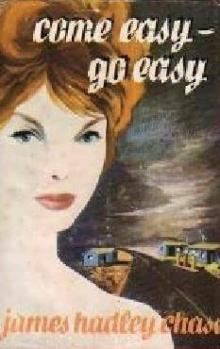 Come Easy, Go Easy
Come Easy, Go Easy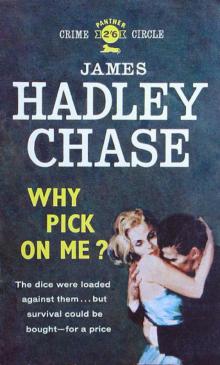 Why Pick On ME?
Why Pick On ME?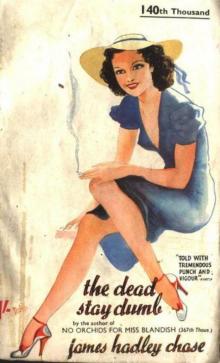 The Dead Stay Dumb
The Dead Stay Dumb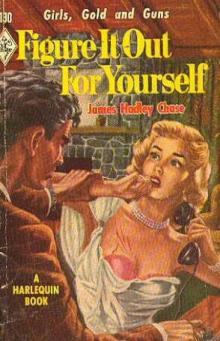 Figure it Out For Yourself
Figure it Out For Yourself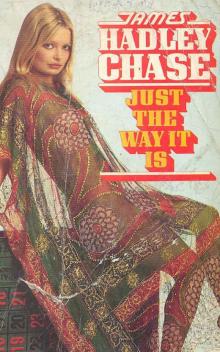 1944 - Just the Way It Is
1944 - Just the Way It Is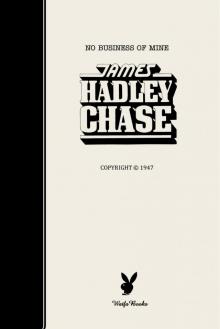 No Business Of Mine
No Business Of Mine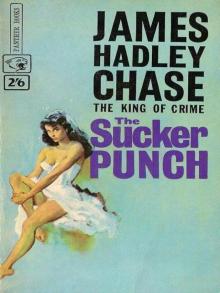 1953 - The Sucker Punch
1953 - The Sucker Punch Cade
Cade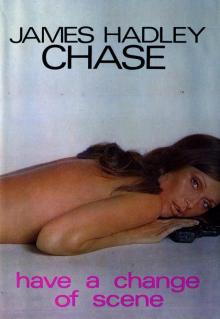 1973 - Have a Change of Scene
1973 - Have a Change of Scene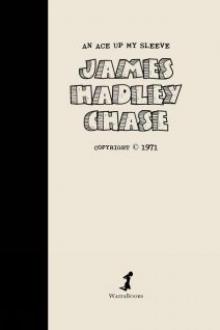 An Ace up my Sleeve
An Ace up my Sleeve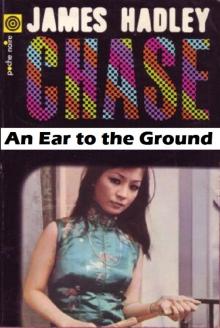 1968-An Ear to the Ground
1968-An Ear to the Ground 1950 - Figure it Out for Yourself
1950 - Figure it Out for Yourself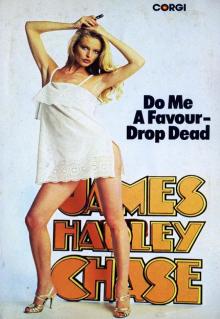 1976 - Do Me a Favour Drop Dead
1976 - Do Me a Favour Drop Dead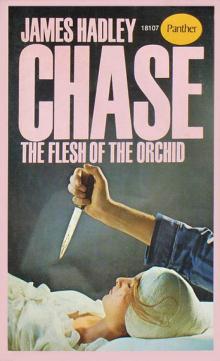 The Flesh of The Orchid
The Flesh of The Orchid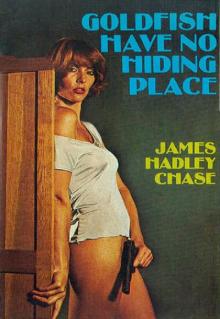 1974 - Goldfish Have No Hiding Place
1974 - Goldfish Have No Hiding Place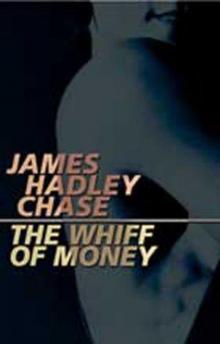 Whiff of Money
Whiff of Money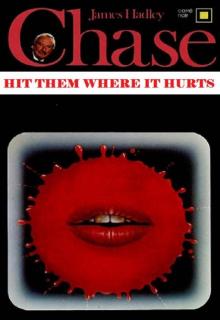 1984 - Hit Them Where it Hurts
1984 - Hit Them Where it Hurts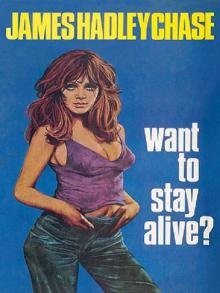 1971 - Want to Stay Alive
1971 - Want to Stay Alive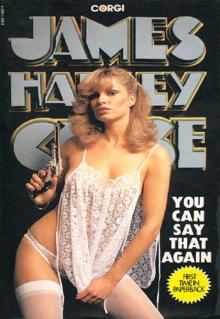 1980 - You Can Say That Again
1980 - You Can Say That Again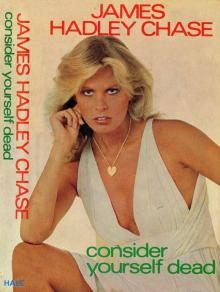 1978 - Consider Yourself Dead
1978 - Consider Yourself Dead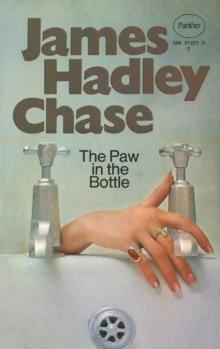 The Paw in The Bottle
The Paw in The Bottle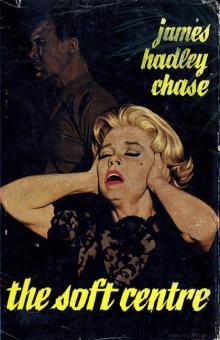 Soft Centre
Soft Centre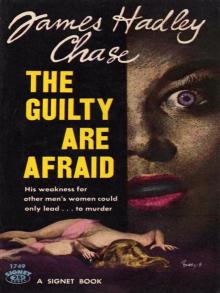 The Guilty Are Afraid
The Guilty Are Afraid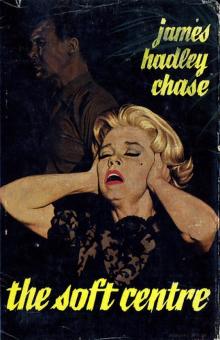 The Soft Centre
The Soft Centre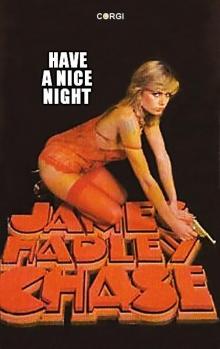 Have a Nice Night
Have a Nice Night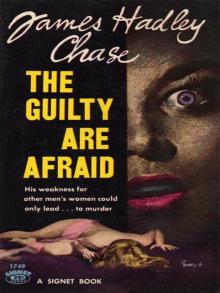 1957 - The Guilty Are Afraid
1957 - The Guilty Are Afraid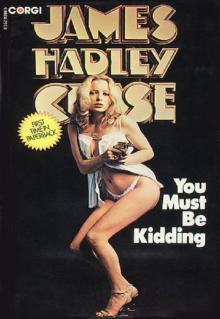 1979 - You Must Be Kidding
1979 - You Must Be Kidding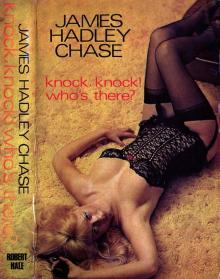 Knock, Knock! Who's There?
Knock, Knock! Who's There?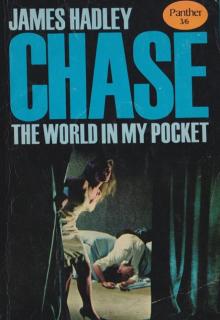 1958 - The World in My Pocket
1958 - The World in My Pocket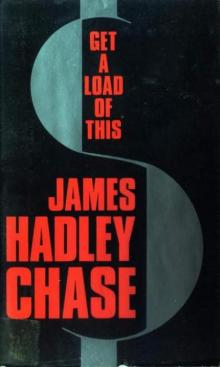 Get a Load of This
Get a Load of This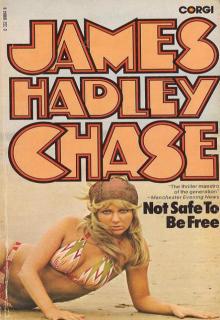 1958 - Not Safe to be Free
1958 - Not Safe to be Free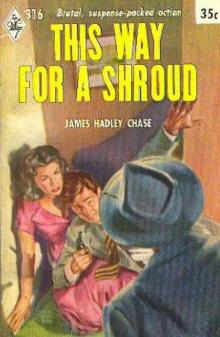 This Way for a Shroud
This Way for a Shroud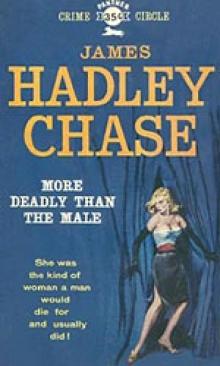 More Deadly Than the Male
More Deadly Than the Male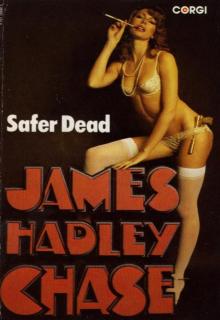 Safer Dead
Safer Dead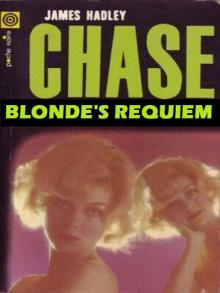 1945 - Blonde's Requiem
1945 - Blonde's Requiem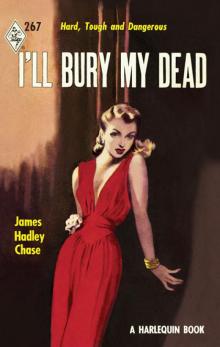 I'll Bury My Dead
I'll Bury My Dead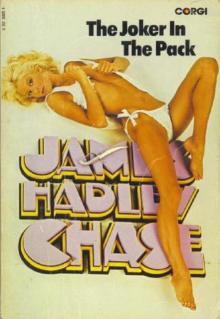 1975 - The Joker in the Pack
1975 - The Joker in the Pack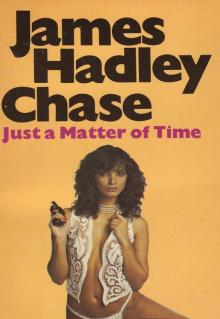 1972 - Just a Matter of Time
1972 - Just a Matter of Time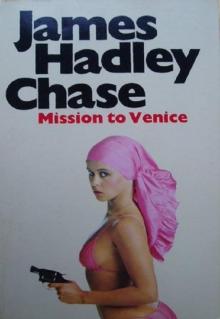 1954 - Mission to Venice
1954 - Mission to Venice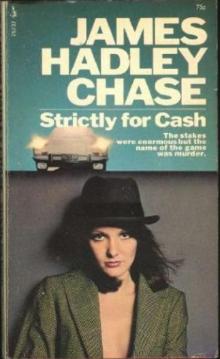 Strictly for Cash
Strictly for Cash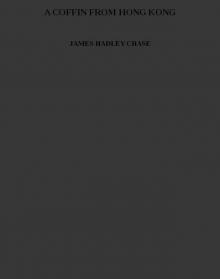 A COFFIN FROM HONG KONG
A COFFIN FROM HONG KONG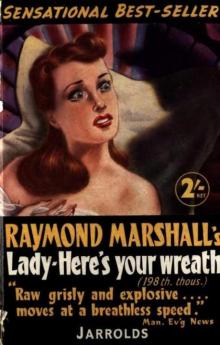 Lady—Here's Your Wreath
Lady—Here's Your Wreath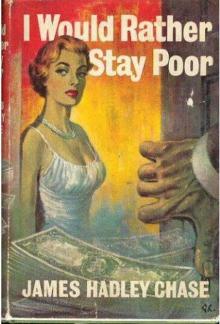 I Would Rather Stay Poor
I Would Rather Stay Poor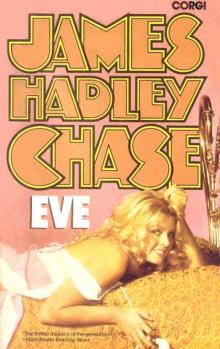 Eve
Eve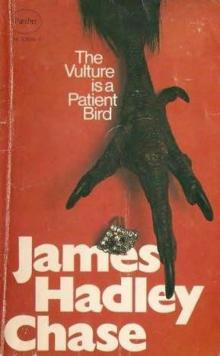 Vulture Is a Patient Bird
Vulture Is a Patient Bird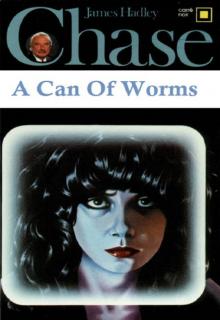 1979 - A Can of Worms
1979 - A Can of Worms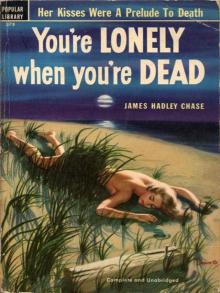 1949 - You're Lonely When You Dead
1949 - You're Lonely When You Dead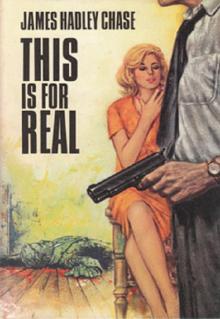 1965 - This is for Real
1965 - This is for Real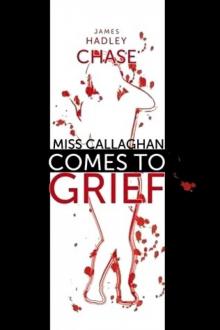 (1941) Miss Callaghan Comes To Grief
(1941) Miss Callaghan Comes To Grief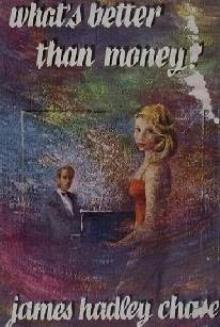 What`s Better Than Money
What`s Better Than Money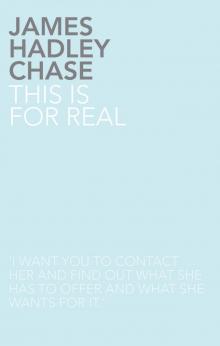 This is For Real
This is For Real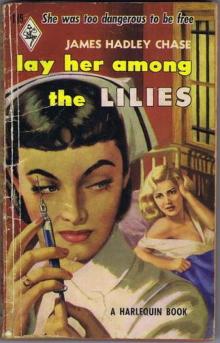 Lay Her Among the Lilies vm-2
Lay Her Among the Lilies vm-2 Knock Knock Whos There
Knock Knock Whos There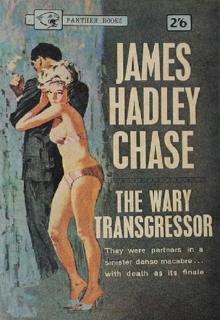 1952 - The Wary Transgressor
1952 - The Wary Transgressor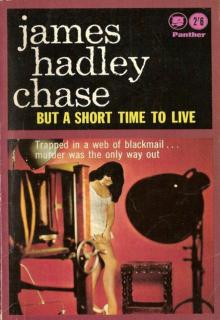 1951 - But a Short Time to Live
1951 - But a Short Time to Live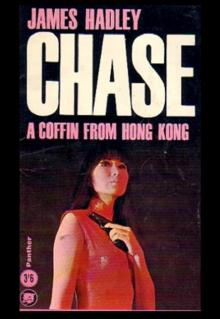 1962 - A Coffin From Hong Kong
1962 - A Coffin From Hong Kong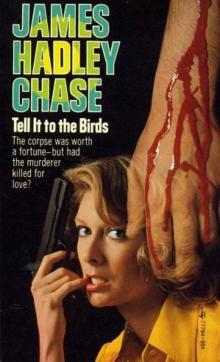 Tell It to the Birds
Tell It to the Birds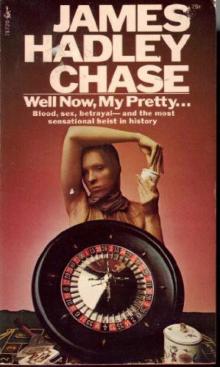 Well Now, My Pretty…
Well Now, My Pretty…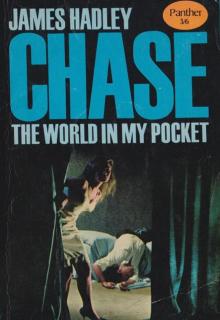 The World in My Pocket
The World in My Pocket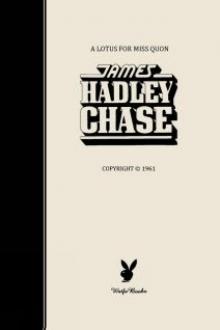 A Lotus for Miss Quon
A Lotus for Miss Quon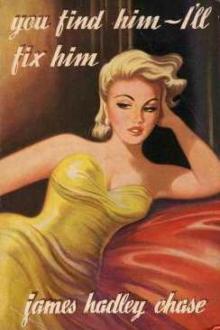 You Find Him, I'll Fix Him
You Find Him, I'll Fix Him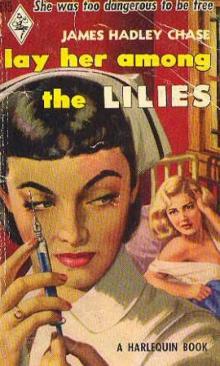 Lay Her Among The Lilies
Lay Her Among The Lilies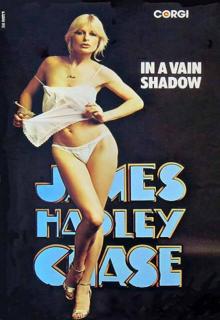 1951 - In a Vain Shadow
1951 - In a Vain Shadow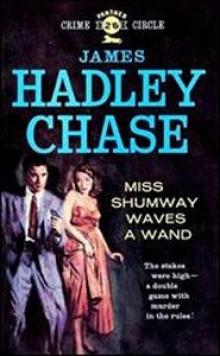 Miss Shumway Waves a Wand
Miss Shumway Waves a Wand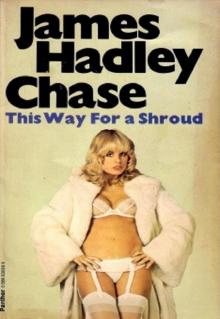 1953 - This Way for a Shroud
1953 - This Way for a Shroud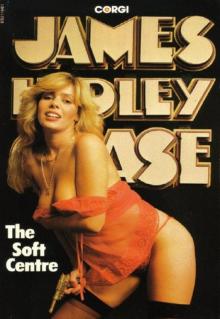 1964 - The Soft Centre
1964 - The Soft Centre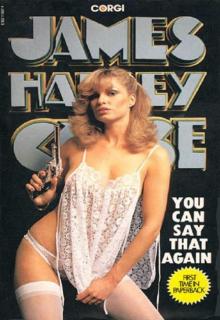 You Can Say That Again
You Can Say That Again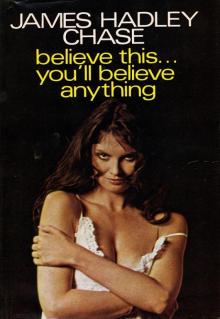 1975 - Believe This You'll Believe Anything
1975 - Believe This You'll Believe Anything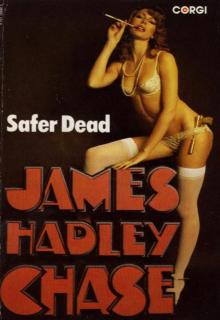 1954 - Safer Dead
1954 - Safer Dead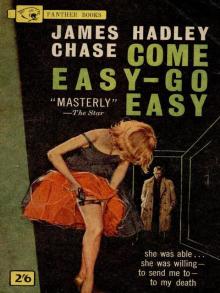 1960 - Come Easy, Go Easy
1960 - Come Easy, Go Easy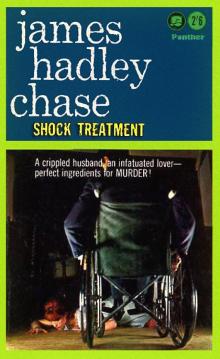 Shock Treatment
Shock Treatment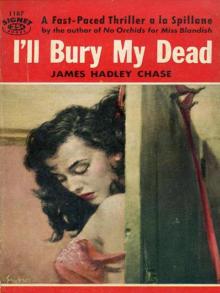 1953 - I'll Bury My Dead
1953 - I'll Bury My Dead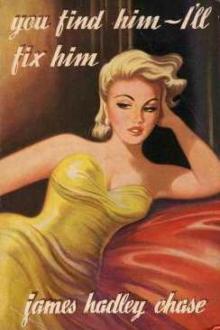 You Find Him – I'll Fix Him
You Find Him – I'll Fix Him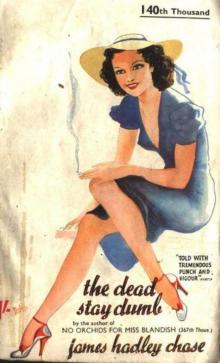 Dead Stay Dumb
Dead Stay Dumb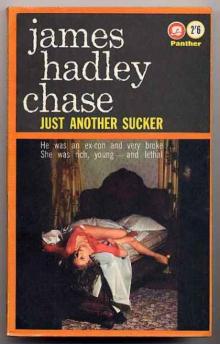 Just Another Sucker
Just Another Sucker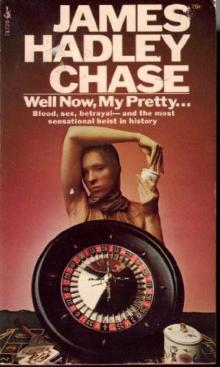 Well Now My Pretty
Well Now My Pretty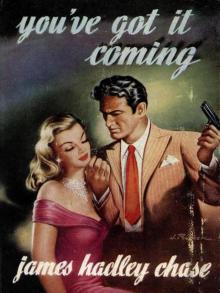 You've Got It Coming
You've Got It Coming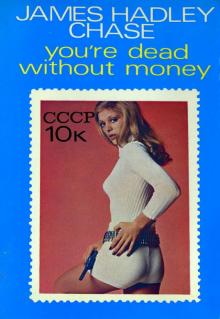 1972 - You're Dead Without Money
1972 - You're Dead Without Money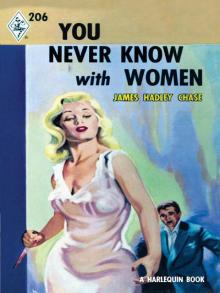 1955 - You Never Know With Women
1955 - You Never Know With Women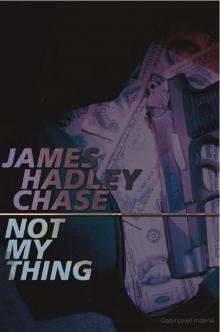 Not My Thing
Not My Thing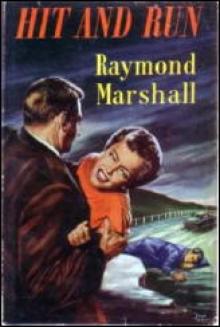 Hit and Run
Hit and Run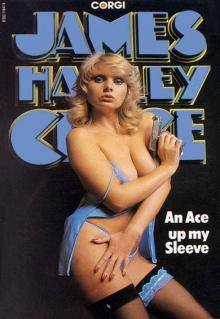 1971 - An Ace Up My Sleeve
1971 - An Ace Up My Sleeve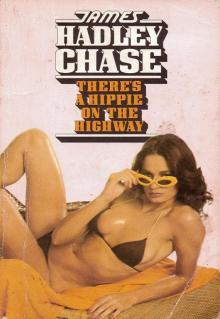 1970 - There's a Hippie on the Highway
1970 - There's a Hippie on the Highway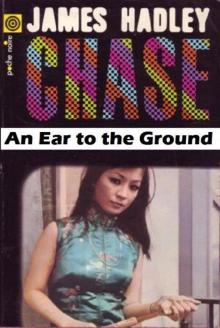 1968 - An Ear to the Ground
1968 - An Ear to the Ground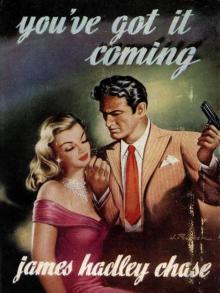 1955 - You've Got It Coming
1955 - You've Got It Coming 1963 - One Bright Summer Morning
1963 - One Bright Summer Morning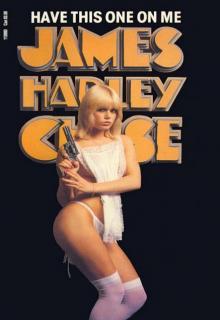 1967 - Have This One on Me
1967 - Have This One on Me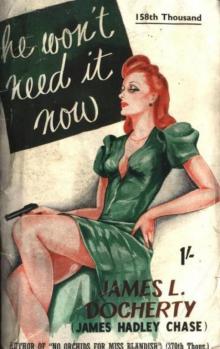 He Won't Need It Now
He Won't Need It Now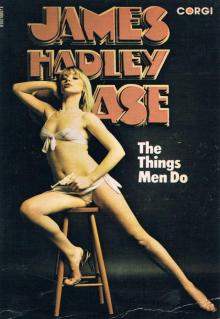 1953 - The Things Men Do
1953 - The Things Men Do Believed Violent
Believed Violent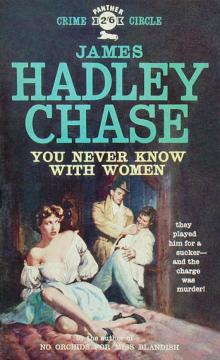 You Never Know With Women
You Never Know With Women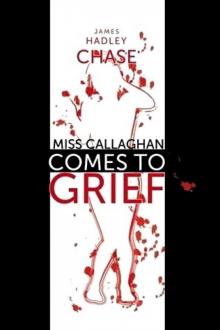 Miss Callaghan Comes to Grief
Miss Callaghan Comes to Grief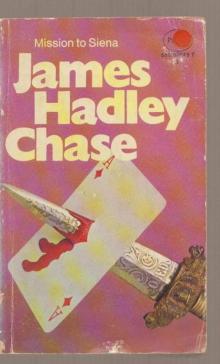 Mission to Siena
Mission to Siena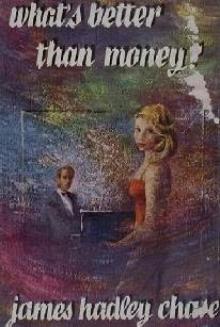 What's Better Than Money
What's Better Than Money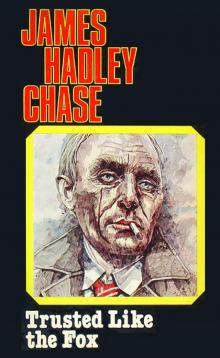 Trusted Like The Fox
Trusted Like The Fox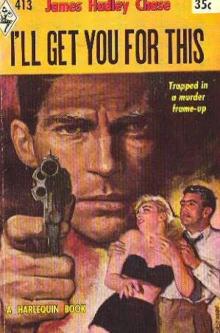 I'll Get You for This
I'll Get You for This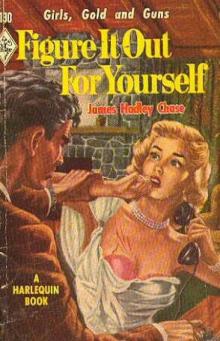 Figure It Out for Yourself vm-3
Figure It Out for Yourself vm-3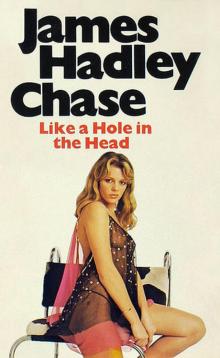 Like a Hole in the Head
Like a Hole in the Head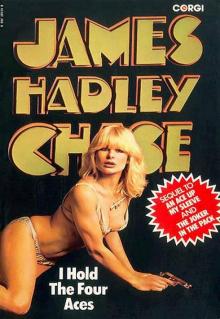 1977 - I Hold the Four Aces
1977 - I Hold the Four Aces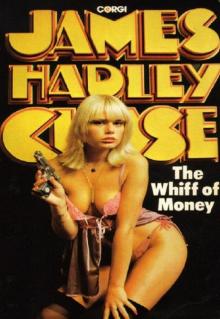 1969 - The Whiff of Money
1969 - The Whiff of Money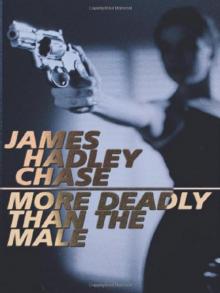 1946 - More Deadly than the Male
1946 - More Deadly than the Male 1956 - There's Always a Price Tag
1956 - There's Always a Price Tag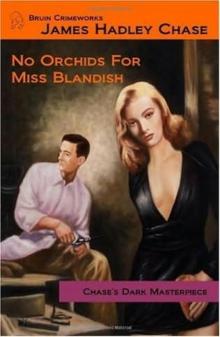 No Orchids for Miss Blandish
No Orchids for Miss Blandish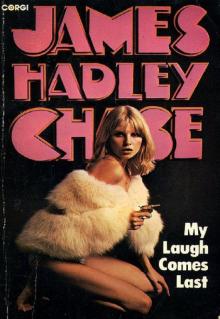 1977 - My Laugh Comes Last
1977 - My Laugh Comes Last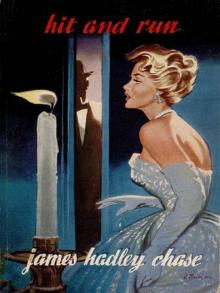 1958 - Hit and Run
1958 - Hit and Run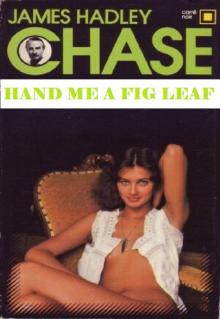 1981 - Hand Me a Fig Leaf
1981 - Hand Me a Fig Leaf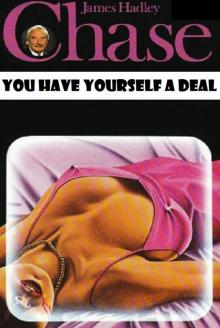 1966 - You Have Yourself a Deal
1966 - You Have Yourself a Deal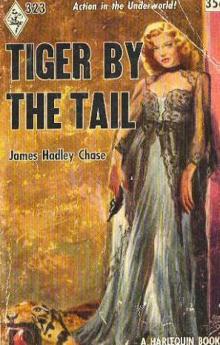 Tiger by the Tail
Tiger by the Tail